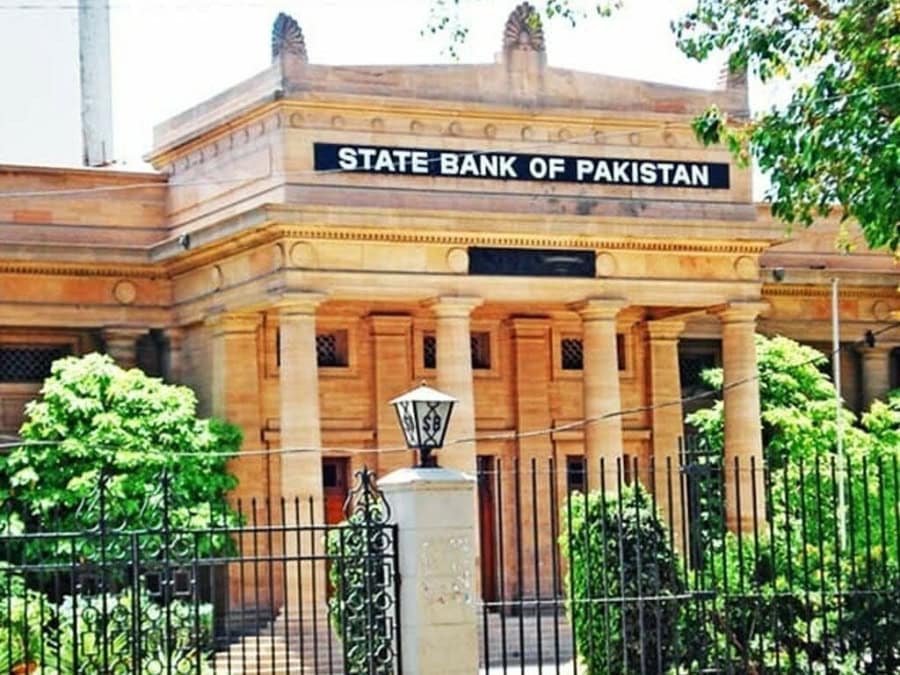KARACHI – State Bank of Pakistan on Monday increased the policy rate by 100 bps to 22 percent.
The Monetary Policy Committee (MPC) of the SBP decided to raise the policy from June 27, 2023 at an emergency meeting to evaluate latest developments.
As per the MPC, it was necessary to keep real interest rate firmly in the positive territory on a forward-looking basis.
“This will help further anchor inflation expectations – which are already moderating over the last few months, and support bringing down inflation towards the medium term target of 5 – 7 percent by the end of FY25, barring any unforeseen developments”, the SBP press release issued on Monday reads.
“In the statement after its meeting held on 12th June, the MPC viewed the then monetary policy stance as appropriate to achieve the objective of price stability ‘barring any unexpected domestic and external shocks.’ This outlook was ‘contingent on effectively addressing the prevailing domestic uncertainty and external vulnerabilities,” the PR further reads.
1/3 MPC of #SBP convened an emergency meeting today, where it noted that potential upside risks to the inflation outlook have increased from the last meeting, and accordingly decided to raise the policy rate by 100bps to 22%.https://t.co/unuS6xmJHz#SBPMonetaryPolicy pic.twitter.com/FWenKLqdkt
— SBP (@StateBank_Pak) June 26, 2023
The MPC has noted two important domestic developments since the last meeting that have slightly deteriorated inflation outlook and which could potentially increase pressure on the already stressed external account.
First, there are certain upward revisions in taxes, duties and PDL rate in FY24 budget as approved by the National Assembly on June 25. Second, the SBP, on June 23, withdrew its general guidance for commercial banks on prioritization of imports. While the MPC views these measures as necessary in the context of completion of the ongoing IMF program, they have increased the upside risks to the inflation outlook. The Committee views that additional tax measures are likely to contribute to inflation both directly and indirectly, while the relaxation in imports may exert pressures in the foreign exchange market. The latter may result in higher-than-earlier anticipated exchange rate pass-through to domestic prices.
The MPC views that today’s decision – along with the expected completion of the ongoing IMF program and the government adhering to the target of generating a primary surplus in FY24 would help in addressing external sector vulnerabilities and reduce economic uncertainty.
The Committee reiterated that it would continue to carefully monitor evolving economic developments and stands ready, if necessary, to take appropriate action to achieve the objective of price stability over the medium term.









